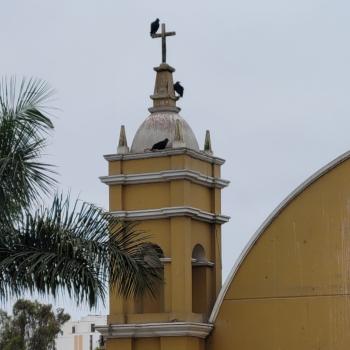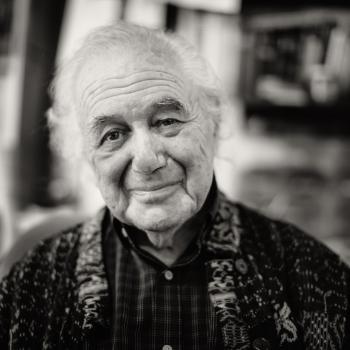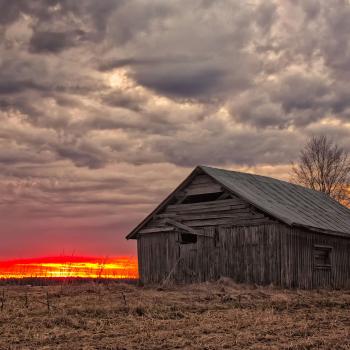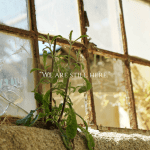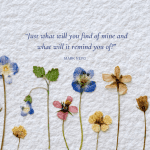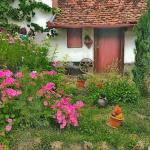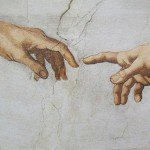 The problem is that we have lost religion—in the deep meaning of the word. We have formal religions that contain the seeds of genuine religiousness, but they are weakened by…fundamentalism, moralism, empty ritual, misunderstood teachings and general irrelevancy. ~Thomas Moore
The problem is that we have lost religion—in the deep meaning of the word. We have formal religions that contain the seeds of genuine religiousness, but they are weakened by…fundamentalism, moralism, empty ritual, misunderstood teachings and general irrelevancy. ~Thomas Moore
Are you one of the millions worldwide who classify themselves as “spiritual but not religious”? I count myself among that group and if you’re like me, at one point in your life you were part of an organized religion. You may have attended church or religious services on a regular basis, but abandoned this practice because you just didn’t get much out of it.
Yet, the spiritual world still calls you. You have a yearning to connect with something greater than yourself. So you fill that need with a hodgepodge of spiritually-related activities. You pray and/or meditate. You read spirituality books. You take yoga, engage in mindful exercise or go outdoors to find a spiritual connection with nature.
You’re creating your own one-to-one relationship with God, a religion of your own.
One person who knows where the spiritual-but-not-religious (SBNR) are coming from is Care of the Soul author Thomas Moore. He has written a groundbreaking new book that gives valuable instruction on how we can create and enrich our own spiritual practice. In A Religion of One’s Own: A Guide to Creating a Personal Spirituality in a Secular World, he talks about a future where we “move away from being a follower to being a creator of religion.”
Moore reminds us that we can just as easily discover the divine outside the church as inside it. In this new spiritual world, we look to formal religions for insight, but create and follow our own path.
We can, in fact, create a personal religion rooted in the practices and rituals of our own everyday lives. On this path, we treat “the natural world and everyday activities as sacred.” We sense the divine in nature, through the appreciation of art and music, by feeling “our soul stir at family gatherings and visits home, in deep friendships and romantic relationships.”
If you’re one of those of us on the SBNR path, Moore stresses that “the discovery or creation of religion of your own, is not an option. It’s a necessary step in your spiritual unfolding.” It is, in fact, a calling, a part of our essence that we cannot ignore if we want to achieve true spiritual fulfillment.
As members of the SBNR community, the key is to deepen and further enrich our spiritual practice—to move beyond paying lip-service to the “spiritual but not religious” designation and place ourselves squarely on a path of spiritual growth and development. Developing a real one-to-one relationship with God only works with our real intention and commitment to make it work.
The good news is we are not starting with a blank slate. No matter the limitations of your current practice, there is room for growth and we “don’t have to rely entirely on our originality” to enrich our spiritual pursuits. Moore instructs us that:
Language, ideas, techniques, methods and rituals are there to be borrowed. We can learn from many different traditions how to meditate, how to honor special days…how to go on a pilgrimage, how to pray, how to fast and abstain…how to forgive and heal and offer gratitude.
Among the spiritual activities Moore recommends is reading and studying classic spiritual texts, which might include teachings as diverse as the Bible to the wisdom teachings of Native Americans. He also calls out the Lectio Divina practice of the Benedictine monks, which involves four simple acts: read, meditate, pray, and contemplate.
Moore also places great importance on the use of sacraments in your practice, which he defines “as an outward sign signifying inward grace.” He calls out the example of Thoreau at Walden Pond and how he had his own set of “sacraments.” Thoreau saw acts as simple as taking a bath or rising early as connecting him with “the gods.”
The fact is, with the right intention, virtually every daily activity can be seen as a way to connect with the Divine. Moore even mentions one of my favorite soul-enriching activities: sipping a cup of coffee in the early morning hours, in quiet contemplation. The potential activities that can help you experience this connection are as endless as your imagination. Moore writes of the following historical examples:
Emerson lectured, Thoreau built a cabin and wrote a diary, Dickinson wrote poems, Kevin Kelly arranges flowers, Simone Dinnerstein plays Bach, you make gardens, I sturdy and write books. Just as we each may have a religion of our own, we may also have our own rituals and narratives and express our intuitions in ways that are most comfortable to us.
It’s all about staying “in tune with the rhythms of nature and the pulse of your life”. In following your own path, you discover, sometimes through trial and error, what activities work best for you. In time, you create a spiritual practice that is true to you, removing the veil of religion, until nothing separates you from God.



